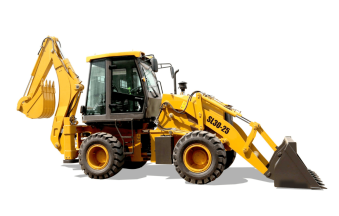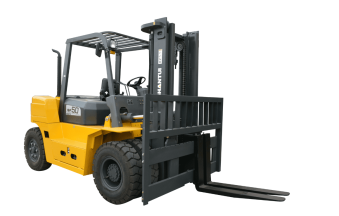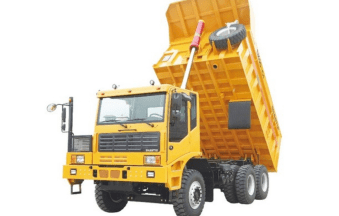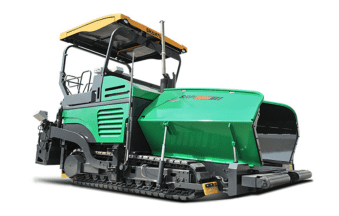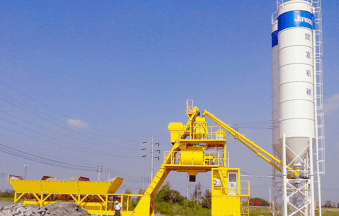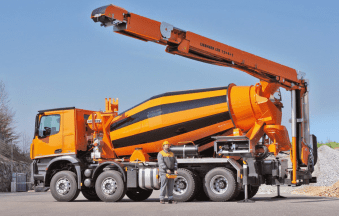Top Tips for Maintaining Your Heavy Machinery
Proper maintenance of heavy machinery is essential to ensure longevity, efficiency, and safety. Follow these expert tips to keep your equipment in peak condition:
Establish a Regular Maintenance Schedule
Create a comprehensive maintenance schedule that includes daily, weekly, monthly, and annual checks. Regular inspections help identify potential issues early and prevent costly breakdowns.
Use Genuine Parts and Fluids
Always use OEM (Original Equipment Manufacturer) parts and recommended fluids. Genuine parts are designed to fit perfectly and maintain the integrity of your machinery, while quality fluids prolong the life of engines and hydraulic systems.
Keep Machinery Clean
Dirt, debris, and buildup can cause overheating and premature wear. Regularly clean equipment surfaces, air filters, and cooling systems to prevent damage and ensure efficient operation.
Monitor Fluid Levels
Check engine oil, hydraulic fluid, coolant, and other fluids regularly. Low fluid levels or contaminants can lead to equipment malfunctions or failures. Replace fluids as recommended by the manufacturer.
Grease Moving Parts
Proper lubrication reduces friction and wear on moving parts. Grease fittings should be lubricated according to the manufacturer’s specifications to extend the life of bearings, joints, and other components.
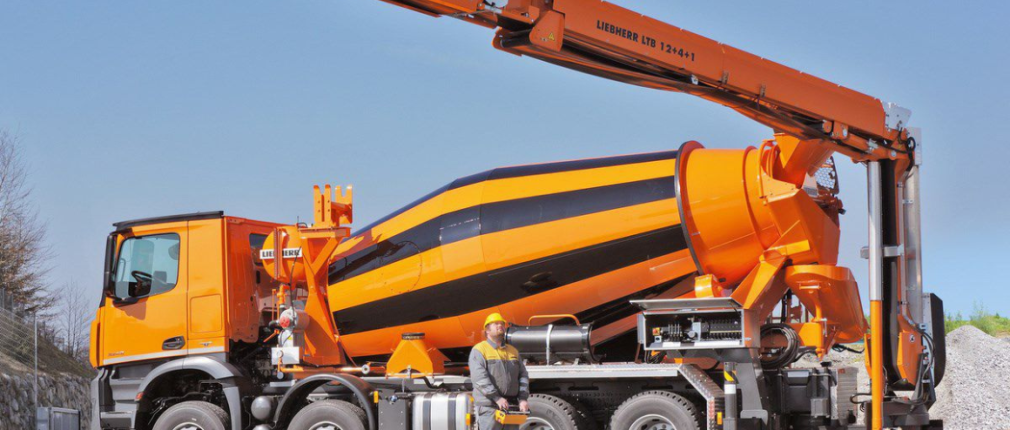
Inspect Electrical Systems
Electrical malfunctions can disrupt machinery operation. Inspect wiring, batteries, and connections for signs of wear, corrosion, or damage. Address issues promptly to prevent electrical failures.
Train Operators Effectively
Well-trained operators contribute to safe and efficient equipment operation. Provide ongoing training on machinery functions, safety protocols, and maintenance procedures to minimize operator errors and maximize productivity.
Store Equipment Properly
When not in use, store machinery in a clean, dry, and secure environment. Protect equipment from weather elements and unauthorized access to prevent damage and theft.
Conduct Regular Performance Tests
Periodically conduct performance tests and diagnostics to assess machinery performance. Use this data to identify trends, measure efficiency, and plan preventive maintenance tasks accordingly.
Partner with a Reliable Service Provider
Establish a relationship with a trusted service provider like SPS Brand who specializes in heavy machinery maintenance and repair. Professional service ensures that your equipment receives expert care and attention when needed.
Implement a Preventive Maintenance Program
Create a proactive preventive maintenance program tailored to your equipment’s specific needs. Schedule regular inspections, servicing, and component replacements based on manufacturer recommendations and operational conditions.
Monitor Equipment Usage and Conditions
Track equipment usage hours and environmental conditions such as temperature and humidity. This data helps predict wear patterns, optimize maintenance schedules, and make informed decisions regarding equipment usage.
Inspect and Maintain Safety Features
Safety features such as seat belts, rollover protection systems (ROPS), and emergency shut-off switches are critical for operator safety. Regularly inspect and maintain these features to ensure compliance with safety standards and protect personnel on-site.
Keep Records of Maintenance and Repairs
Maintain detailed records of all maintenance activities, repairs, and inspections. Documenting these records helps track equipment history, warranty information, and compliance with regulatory requirements.
Stay Updated with Industry Trends and Regulations
Keep abreast of industry trends, technological advancements, and regulatory changes affecting heavy machinery. Adapting to new standards and practices ensures compliance, enhances operational efficiency, and prepares your business for future challenges.
Conclusion
Proper maintenance is the cornerstone of efficient and safe heavy machinery operation. By following these top tips and partnering with a reputable service provider like SPS Brand, you can prolong the lifespan of your equipment, minimize downtime, and maximize productivity. Invest in proactive maintenance practices today to protect your investment and achieve long-term success in your industry.
These additional tips cover essential aspects of maintaining heavy machinery, emphasizing the importance of preventive measures, safety, documentation, and staying informed with industry developments. Let me know if you need further adjustments or additions.










